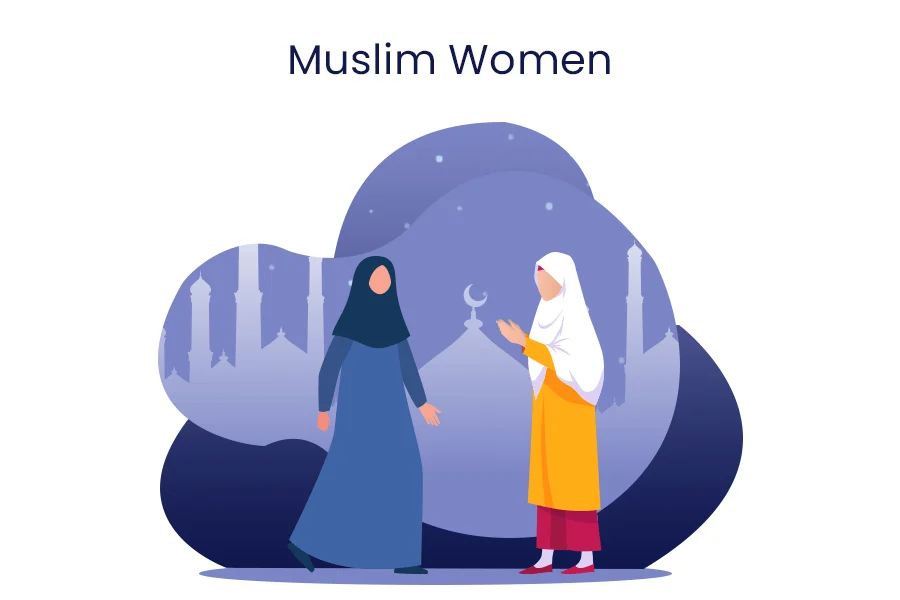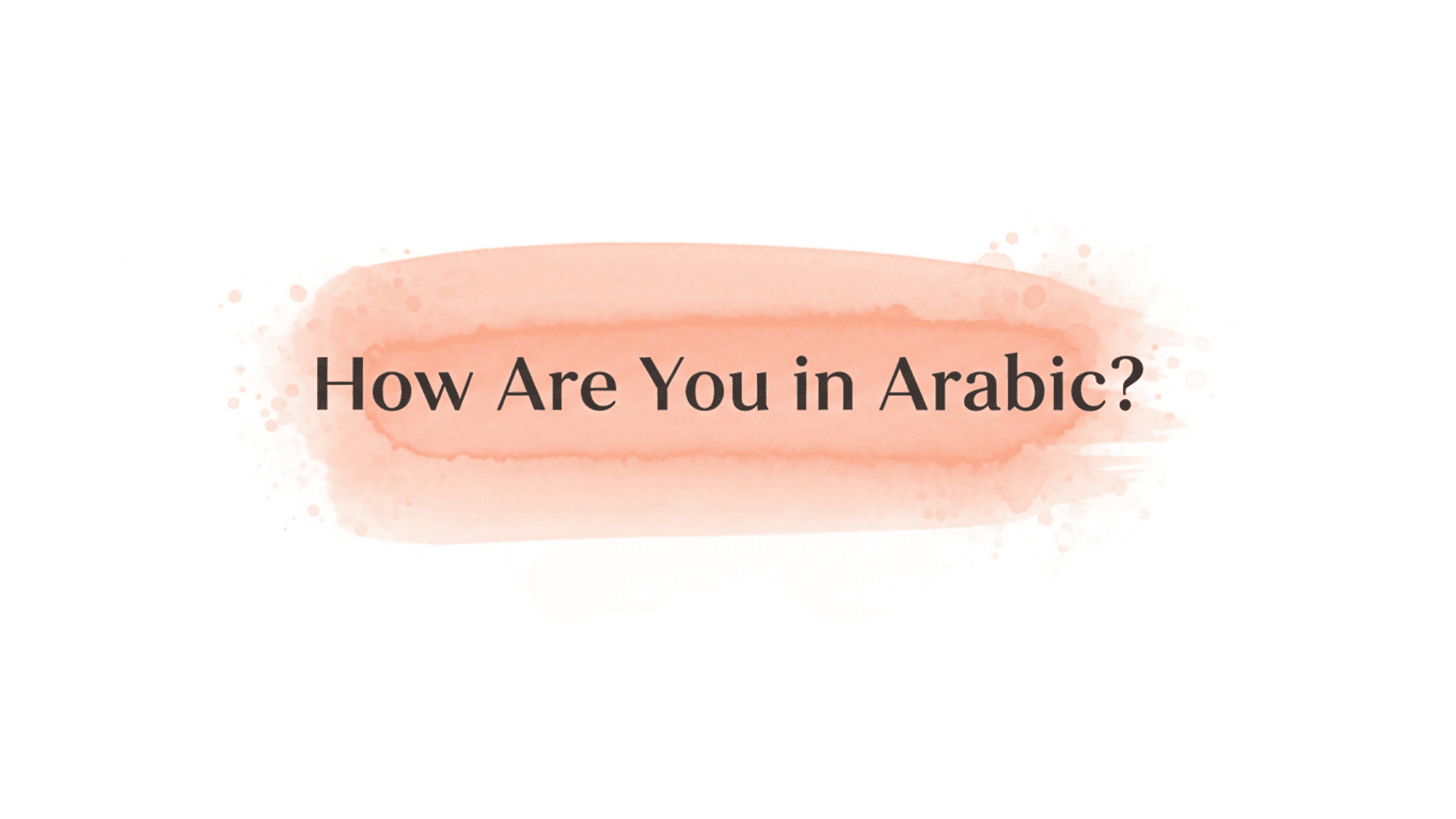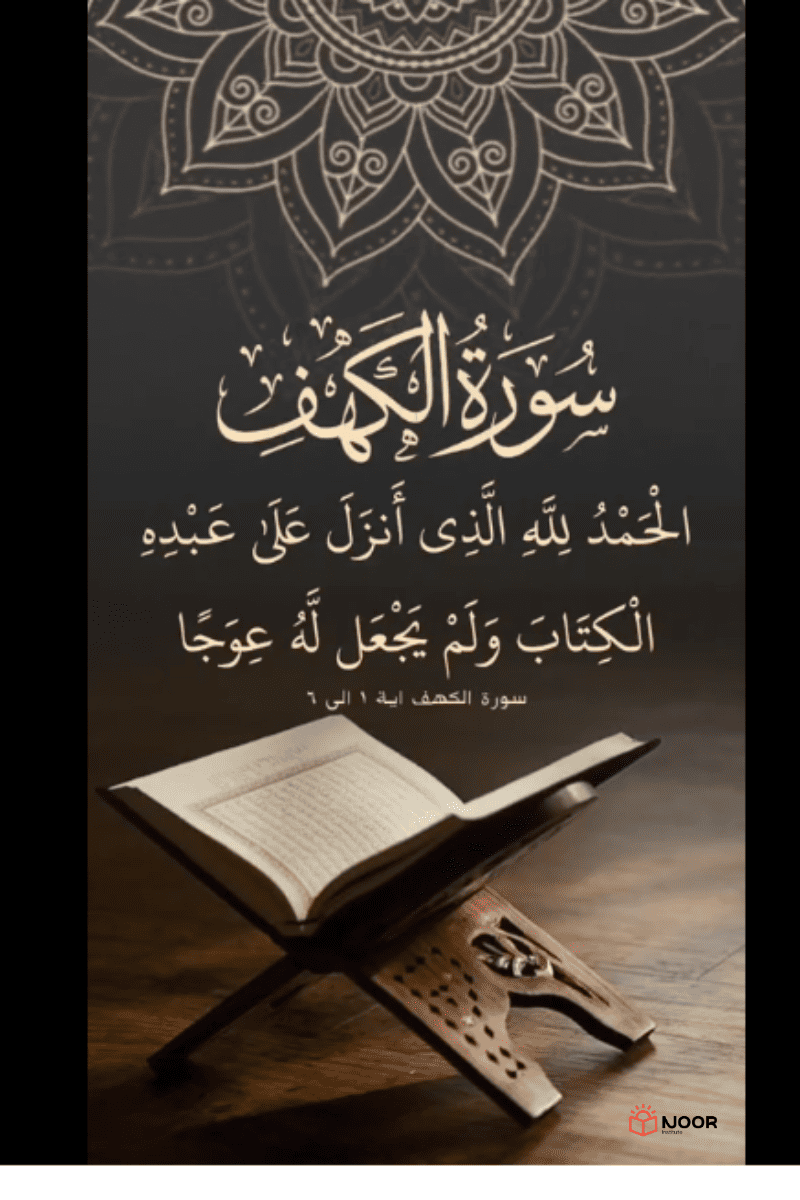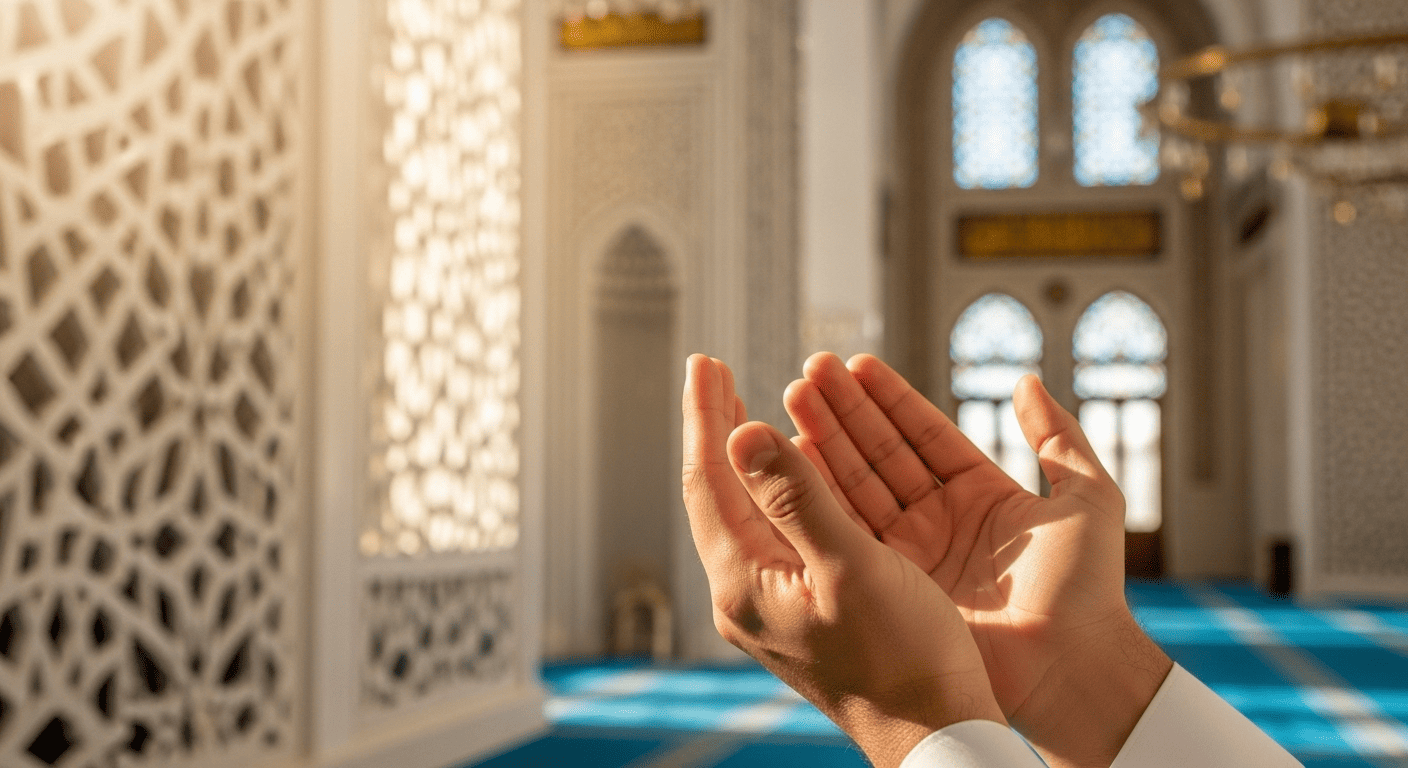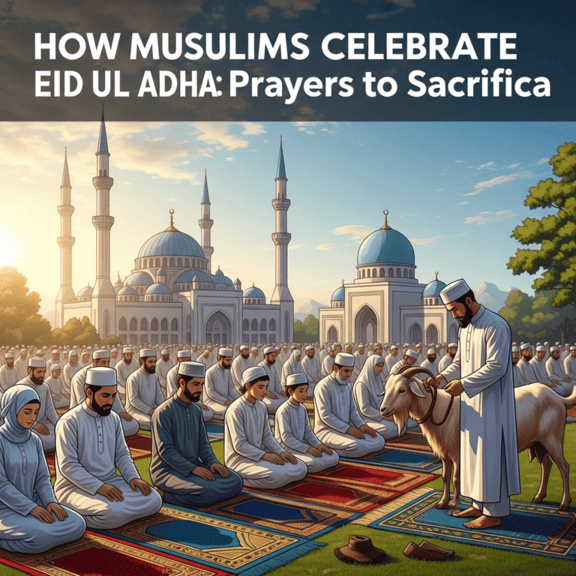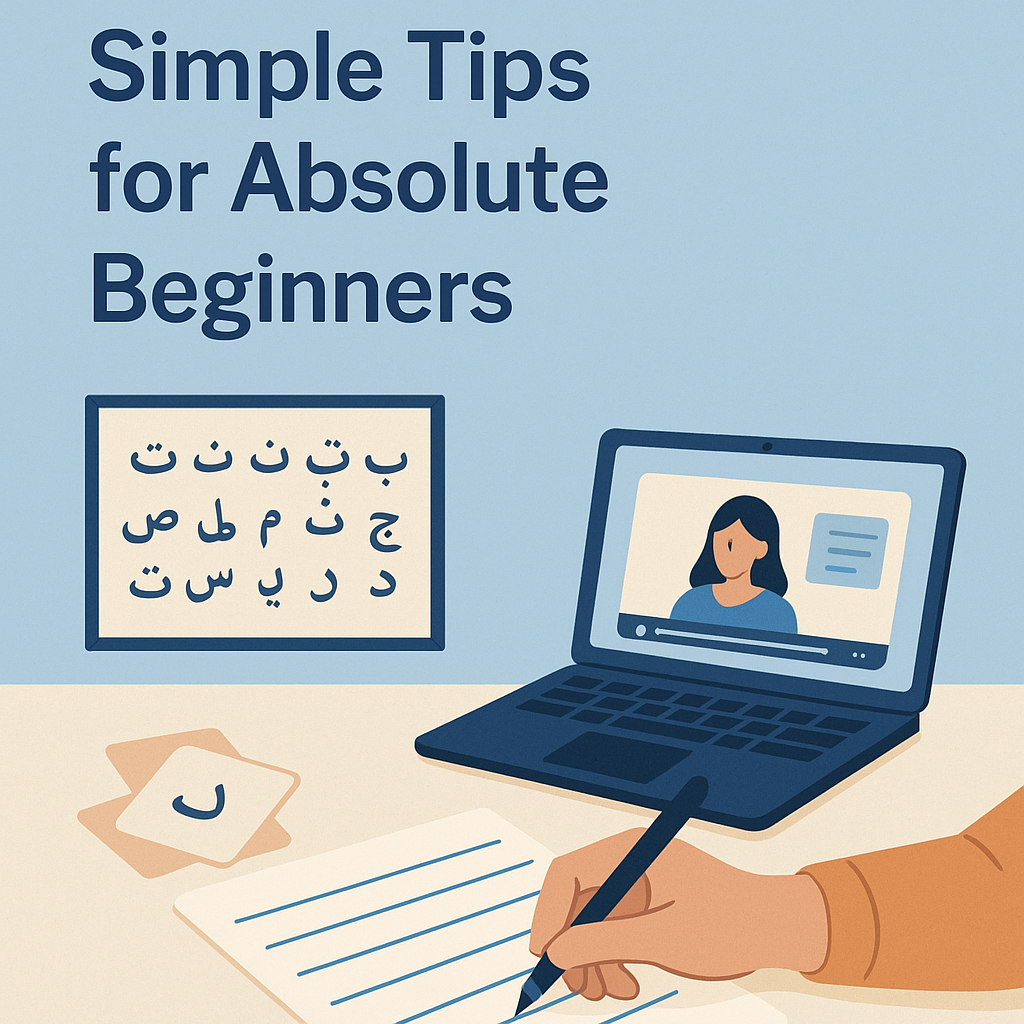Responsibilities Of A Wife In Islam- USA guide
Responsibilities Of A Wife In Islam- USA guide. In Islam marriage is seen as the main support for a strong and peaceful society. It helps people love, care for, and support each other. The family is significant because it teaches the next generation about Islamic values. The relationship between a husband and wife is key, as they work together to create a home filled with faith and peace. A wife’s duties in Islam include taking care of the home and children, as well as giving emotional and spiritual support. This helps keep the family balanced and happy, which is important for the whole society.
A closer look at the responsibilities of a wife in Islam?
The responsibilities of a wife In Islam- USA guide are cover many parts of family life, showing the complete nature of marriage in Islamic beliefs.
- Emotional and Spiritual Support
A wife is supposed to provide emotional and spiritual support to her husband, assisting him in keeping his faith and encouraging him to fulfill religious duties like prayer and charity. The foundation of this relationship is built on mutual love, respect, and kindness, as taught in the Quran.
- Household Management
While Islam does not impress it upon the wife that she has an obligation to manage the household solely, it certainly recognizes a wife’s role in making the environment peaceful and well-organized. It ranges from nurturing the home by making it comfortable and attending to the day-to-day needs of the family to allowing room for personal development and career growth.
- Raising Children
One of the major responsibilities of a wife In Islam- USA guide which has always been underscored, is to take part in child-raising by bringing them up according to Islamic upbringing, good morals, and knowledge. This also means teaching and modeling good behavior while showing love, care, and attention to the physical, emotional, and spiritual needs of the children.
- Mutual Respect and Partnership
The responsibilities of a wife In Islam- USA guide involve respecting her husband and working with him as a partner in making decisions. Islam encourages mutual respect and teamwork between husband and wife, where both work together to create a peaceful family life.
The Rights of Muslim Wives
- A wife is legally allowed to receive financial support from her husband to cover all her needs, even if she has her own money or job.
- Islam teaches that husbands should treat their wives with kindness, care, and fairness. This means providing emotional support and not causing any harm or mistreatment.
- A wife has the right to privacy, personal space, and dignity. Her consent and boundaries should always be respected.
- A wife has the right to give her consent to marriage, and where there is severe marital discord, she has the right to seek divorce.
- A wife has the right to consent to her marriage, and in cases of severe marital discord, she has the right to seek divorce (Khula) in Islamic law.
- The wife also has the right to express her opinions openly and be treated with fairness, dignity, and kindness.
This balanced approach between the rights and responsibilities of a wife in Islam creates a strong foundation for the family.
The Role of Wives in Strengthening Faith and Family
In Islam, wives are very important in helping to build strong faith and family. They are like the support system that keeps the home spiritually and morally strong. They help teach Islamic values, especially by raising children who have a good understanding of faith, worship, and good behavior.
By teaching the principles of Islam and setting an example through their own actions, wives inspire their families to live by Islamic teachings.
As spiritual companions, they offer emotional and moral support to their husbands, fostering an environment where worship, charity, and remembrance of Allah thrive.
Furthermore, wives encourage their families to grow in faith, motivating regular prayer, participation in Islamic study, and involvement in the Muslim community.
In this way, the role of wives in Islam is central to the spiritual and moral strength of the family unit.
How the Quran Honored Wives
When you learn about Islam, you will find that the Quran speaks about a wife’s dignity and respect as well as the rights, for which a wife is honored in various aspects. According to the Quran, marriage is a relationship between a man and a woman which is basically based on love, mercy, and tranquility. It does accept the key role played by an Islamic wife in the formation of a quiet and supporting family atmosphere.
Wives are granted financial security and personal rights, reflecting their valued position within the marriage.
Moreover, the Quran advises husbands to treat their wives kindly, fairly, and with respect, making sure their wives’ emotional and physical needs are cared for.
In this manner, the Quran values and respects wives, recognizing them as important partners in both family and community life.
Quran Verses Highlighting the Role of Wives
1.Your spouses are a garment1 for you as you are for them (Surah Baqarah)
This verse highlights the intimate relationship between spouses, where each provides support, protection, and comfort for the other.
2.Treat them fairly. If you happen to dislike them, you may hate something which Allah turns into a great blessing. (An-Nisa)
This verse commands husbands to treat their wives well and live with them in harmony, even in cases of disagreement.
3.And one of His signs is that He created for you spouses from among yourselves so that you may find comfort in them. And He has placed between you compassion and mercy.(Ar-Rum)
This verse highlights that Allah created marriage to be a source of peace and comfort, with love and mercy being central elements of the relationship between spouses.
These verses demonstrate the honored status of wives in Islam, where they are granted rights and responsibilities, and are to be treated with kindness, respect, and fairness.
The Prophet’s Treatment of His Wives
The Prophet Muhammad (PBUH) showed the best example to his wives about love, compassion, and respect in every single aspect of their communion. He also made sure each one of them received equal and just treatment and that each felt acknowledged and recognized. The Prophet used to help with household chores and was described as having a very humble and acknowledging character within his home. He was patient and endured such disagreements. He is noted to be playful and affectionate with his wives, which is reflected in the deep bond of companionship he nurtured. Furthermore, the Prophet consistently encouraged his wives in their personal growth and religious knowledge, often engaging in discussions about faith and sharing wisdom.
His conduct serves as a timeless example of how a husband should honor and cherish his wife in Islam.
Historical Examples of Prominent Muslim Wives
Throughout Islamic history, there have been many important Muslim women who played key roles in shaping Islamic society and contributing to its heritage:
- Khadijah bint Khuwaylid (رضي الله عنها): She was the first wife of Prophet Muhammad (PBUH) and a successful businesswoman. During the early years of the Prophet’s mission, she was a strong supporter. She was the first to believe in Islam and gave the Prophet constant emotional, financial, and spiritual support. Her wisdom and strength were very important in helping him face the challenges of being a prophet.
- Aisha bint Abu Bakr (رضي الله عنها): Sharp intellect, with very deep knowledge. She was the youngest wife of the Prophet and eventually became one of the most distinguished scholars in Islamic history. She narrated over 2,200 hadiths and taught men and women about the life of the Prophet and how to put Islamic rulings into practice.
- Fatimah bint Muhammad (رضي الله عنها): the cherished daughter of Prophet Muhammad and wife of Ali, is highly respected for her devotion, strength, and dedication to her family. She stood by her husband in his religious and political responsibilities and raised their sons, Hasan and Husayn, who were important figures in Islamic history.
- Asma bint Abu Bakr (رضي الله عنها): the daughter of Abu Bakr, is remembered for her courage and resourcefulness during the Prophet’s migration. Asma was also known for her strong personality, assisting her husband in tough situations while raising her children, including Abdullah ibn al-Zubayr, a well-known leader.
Misconceptions About Responsibilities of a Wife in Islam
- Wives must handle all household chores. Actually, Islam doesn’t say that only the wife has to do all the housework. The Prophet Muhammad (PBUH) helped with household chores, showing that taking care of the home is something both partners should share.
- Wives must always obey their husbands without question. Islam encourages both partners to respect and work together, but it doesn’t mean wives have to do whatever their husbands say without thinking. Wives can share their thoughts and be part of making decisions, as long as it’s fair and follows Islamic teachings.
- Wives are expected to sacrifice their personal growth. The fact is, Islam encourages both men and women to seek knowledge and personal development.
- Wives have no authority within the family. In Islam, the marital relationship is based on partnership, not hierarchy. Both husband and wife have roles that complement one another, and each has a voice in family matters.
Deepen Your Knowledge of Islam with Noor Institute
Noor Institute offers Responsibilities Of A Wife In courses to learn this values in USA, comprehensive online Islamic courses to help one clearly understand some major Islamic teachings. This course will help learners correct common misconceptions and allow them a way to deepen their understanding of various aspects of Islam, including the duties of wife in Islam and the true responsibilities she holds within a Muslim household.
Using its online website, Noor Institute shares Islamic knowledge with people all over the world. It offers classes on many subjects like studying the Quran, the life of the Prophet, and Islamic rules.
By empowering people with true information, Noor Institute helps them feel closer to their faith and use Islamic ideas in their everyday lives. This makes the community more knowledgeable and spiritually strong.
Join our online courses to discover more about Islam
Whether you live in London, Manchester, Birmingham, or New York, Los Angeles, and Chicago, non-Arabic speaking families across the UK and USA can now learn about the responsibilities of a wife in Islam, including wife duties in Islam and Islamic marriage responsibilities, through trusted Quran and Islamic studies programs. From the Islamic Cultural Centre in the UK (iccuk.org) to the Islamic Center of America (islamiccenter.com), respected institutions are offering classes that help women and families understand Islamic teachings on marriage, mutual respect, and family harmony—no matter where they are.
Related Keywords & Phrases:
wife duties in Islam, responsibilities of a wife in Islam, Islamic marriage responsibilities, Muslim wife rights and duties, role of a wife in Islam, duties of a Muslim wife, Islamic teachings on marriage, how to be a good Muslim wife, Islamic family responsibilities, wife role in Islamic marriage, Muslim marriage guidance, Islamic wife responsibilities UK, Islamic wife responsibilities USA.

